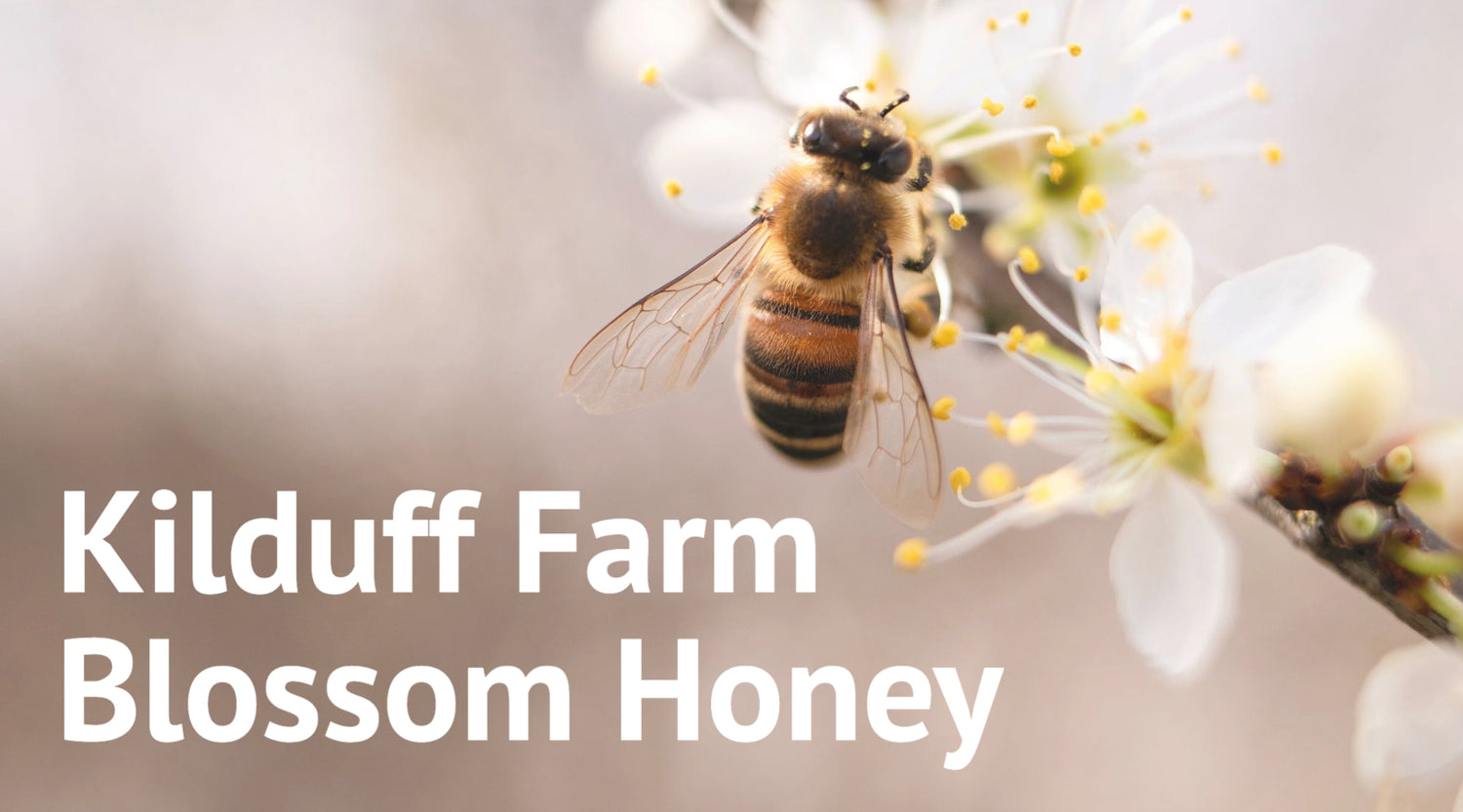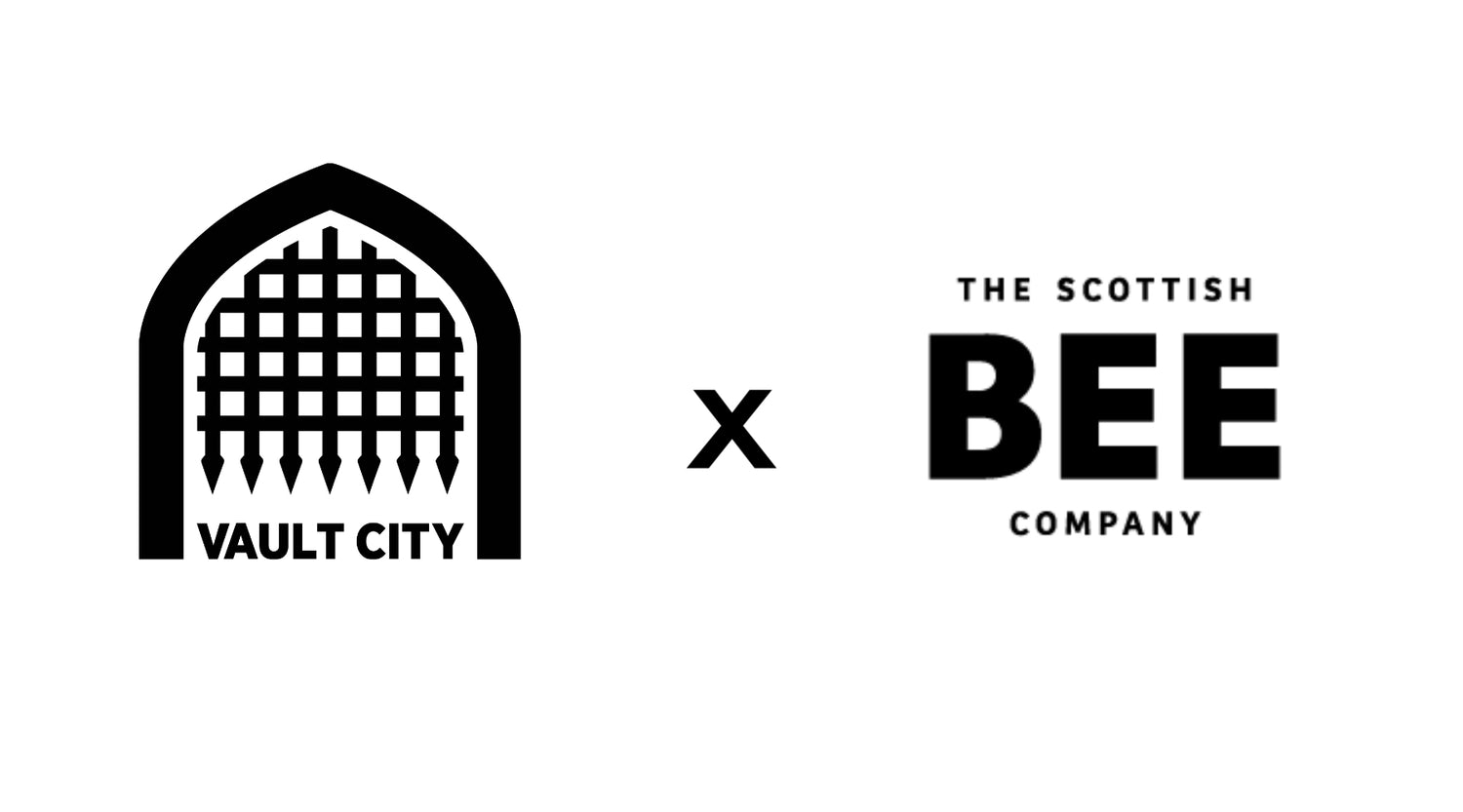COP26 Glasgow kick starts this week...
For the next 2 weeks, more than 190 world leaders and thousands of negotiators, government representatives, businesses and citizens will come together in Glasgow to attend the COP26 climate summit.
For almost three decades, the UN has brought together all the countries signed on to the UN Framework Convention on Climate Change and the Paris Climate Agreement to accelerate action towards the impending climate crisis. As countries recover from the Coronavirus pandemic, now’s our chance to simultaneously tackle climate change, to build back better, and greener.
Here at the Scottish Bee Company, we wanted to discuss what change we’re hoping to see this year.

What is COP26 and why is it important?
Firstly, what does COP26 mean?
The annual global climate summits are referred to as COPs which stands for ‘Conference of the Parties’. This year will be the 26th annual summit - providing the name COP26.
And why is it important?
The COP26 summit involves the gathered parties to accelerate action towards the goals of the Paris Agreement and the UN Framework Convention on Climate Change. This means discussing how we can collectively reach net zero for the survival of our ecosystem. This means keeping the temperature of the planet under control and producing less carbon than we take out of the atmosphere.
The UK presidency of COP26 is a once in a lifetime chance to highlight the urgent actions required to tackle climate change and biodiversity loss. The climate and biodiversity emergencies are set to become more extreme unless we act now, act together and act at scale.

Scottish Bee Company’s COP26 Goals
It has been estimated that more than three quarters of the leading types of global food crops rely to some extent on bees and other pollinators. Pollination is a fundamental process for the survival of our ecosystems. However, climate change is having an astronomical effect on our world and its many species. Less predictable weather patterns is leading to pollinators losing synchronicity with flowering plants they forage on.
A diverse range of pollinators, with different characteristics and responses to ambient conditions, is also one of the best ways to minimise risks due to climate change. Their diversity ensures that there are effective pollinators not just for current conditions, but for future conditions, as well.
At the Scottish Bee Company we’re striving to strengthen measures aimed at protecting all pollinators. This involves:
- Stricter regulation and enforcements around pesticide use and less intensive farming.
- More green urban spaces, innovative and accessible solutions to wildflower spaces in built-up cities and general improvements in good quality habitats and biodiversity
- Constant vigilance on the emergency use of neonicotinoids.
- The systemic shift needed from large to small corporations, governments and regulating bodies for carbon neutrality practices and climate-resilient developments.

The Scottish Bee Company backs calls for ambitious National Biodiversity Strategic Action Plans to form the basis for sustainable, inclusive and resilient recoveries. We strongly back calls on all developed countries and climate finance providers, public and private, to increase their financing of nature and nature- based solutions.
Closer to home, we call on the Scottish government to deliver on the commitment in their 2017 - 2027 Pollinator Strategy to support local bee-based industries. In Scotland, the economic value of pollinators is in the region of £43 million a year for agriculture and horticultural crops, and honey.
However, because bees pollinate other farmer's crops, bee farmers do not generally own or lease land themselves - a requirement to access agricultural subsidy. Therefore, bee farming, although a vital support for others is not itself well resourced and remains risky, uncertain and small scale.
Subsidy funding similar to other agricultural sectors would enable the industry to attract new entrants by establishing enhanced training schemes; taking some risk off the table; and allow existing bee farmers to restore hive numbers to the level required to support the pollination of foodstuffs and biofuels while sustaining biodiversity.
Scottish Bee Company Involvement
Next week, Suzie will be attending a panel talk with Skills Development Scotland to discuss all things climate change. We have also collaborated with the French Institute of Scotland (Institut français d'Écosse) to discuss the importance of COP26 for our pollinators and our planet.
Watch the video here...






